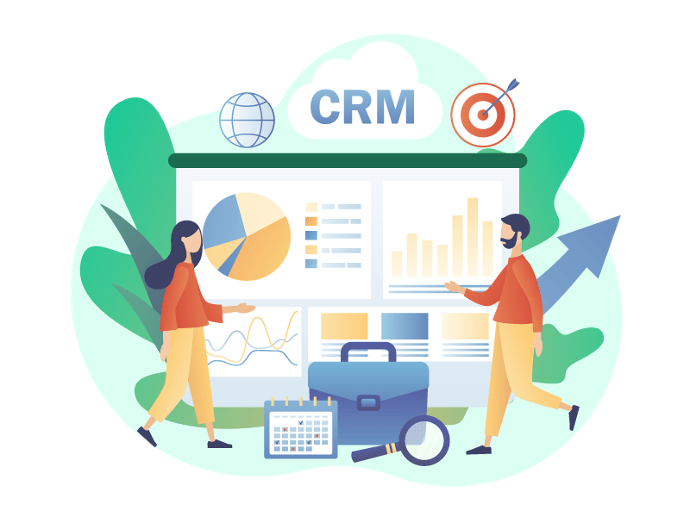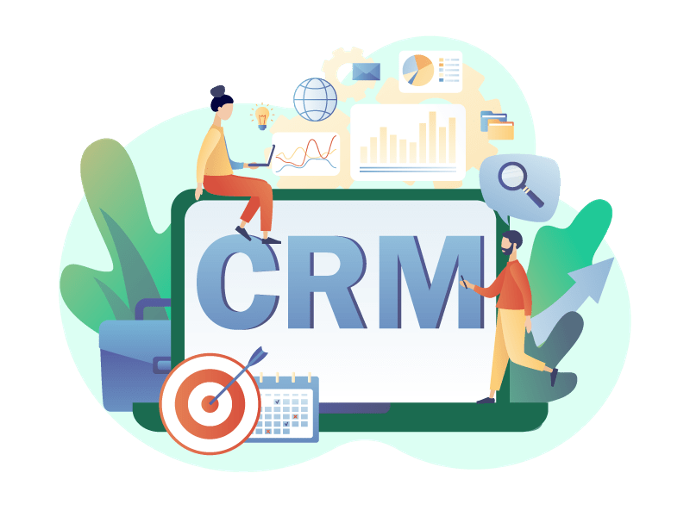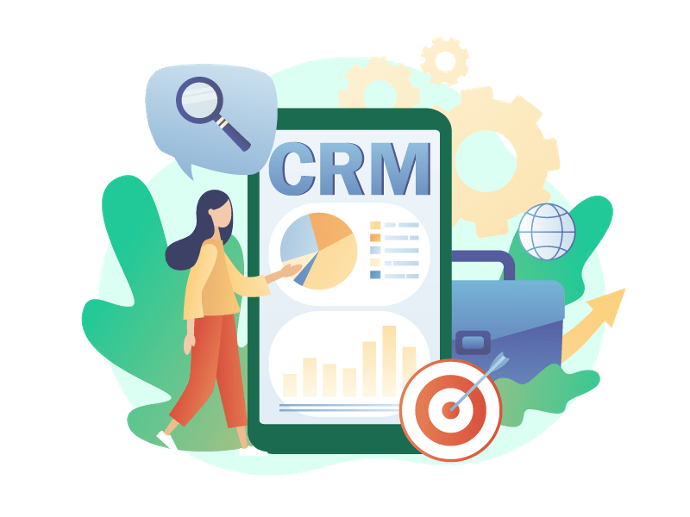CC ERP
The only platform you will ever need to help run your business: intergrated apps, kept simple, and loved by millions of happy users

ERP fundamentals
CC ERP
CC ERP systems are built on a single, well-defined data structure with a shared database. This ensures that data is normalized and based on common standards and user experiences across the organization. These core constructs are then interconnected with business processes driven by workflows across business departments, e.g. finance, human resources, engineering, marketing, operations, connecting systems and the people who use them. In short, ERP is the vehicle that allows a contemporary business to integrate people, processes, and technologies.
“ERP is first an attitude; second, a process, and only third, a set of tools.” - ERP Demystified, Alexis Leon.
The central collection of data for broad distribution is an important ERP principle. Instead of multiple separate databases with an unending inventory of disconnected spreadsheets, ERP systems bring order to chaos by allowing all users—from the CEO to accounts payable clerks—to generate, save, and utilize the same data obtained from working procedures.
Features
Finance
Communicate financial information more clearly to external partners.
Sales
Enterprise resource planning system which helps to manage the business operation.
Services
Competitive advantage and provides with specialized functionality required for service based industries.
Marketing
Contact customers and follow-up each and every sales invoice.
Website
By integrating your website open up a new sales channel for your business.
Human resources
Streamlines the management of human resources and human capital.
The business value of ERP
It’s impossible to ignore the impact of ERP in today’s business world. Examples of specific business benefits include:
- Improved business insight.
- Lower operational costs.
- Enhanced collaboration.
- Improved efficiency.
- Consistent infrastructure.
- Higher user-adoption rates.
- Reduced risk.
- Lower management and operational costs.


ERP fundamentals
A key ERP principle is the central collection of data for wide distribution. Instead of several standalone databases with an endless inventory of disconnected spreadsheets, ERP systems bring order to chaos so that all users:
- Create, store, and use the same data derived through common processes.
- Secure and centralized data repository.
- Organization can be confident that data is correct.
- Up-to-date, and complete.
Do you need consultation about our services?
Leave your question in the form below. We will get back to you as soon as possible.